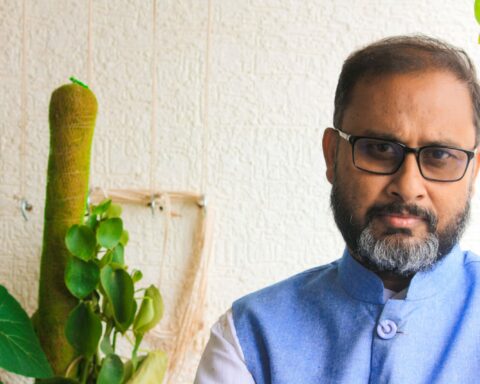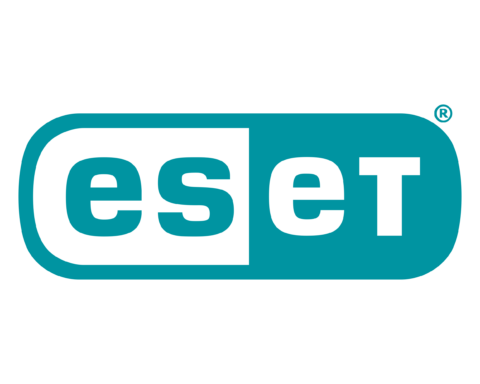- Ownership of smartphones similar across Tier I and II cities
- Smartphone adoption driving mobile Internet access
- Three out of four use internet for school-related work
- Urban millenials live in “wired homes”; 84% access internet from home
- Social networks are the preferred communication mode over calls or mails
- Predictably, over 50% own an Android-powered smart device
![]() India’s “Post-Millennials” generation seem set to overtake the preceding “Millennial” generation or “Gen Y,” taking communication over social networks like Facebook and Twitter and instant messaging modes like Whatsapp to newer extremes, according to the findings of the TCS survey 2012-13.
India’s “Post-Millennials” generation seem set to overtake the preceding “Millennial” generation or “Gen Y,” taking communication over social networks like Facebook and Twitter and instant messaging modes like Whatsapp to newer extremes, according to the findings of the TCS survey 2012-13.
|
(Note: These percentages represent all India figures) |
% |
| Uses Facebook | 92 |
| Accesses Net from Home | 84 |
| Uses Facebook/Twitter to communicate socially | 74 |
| Owns a mobile phone | 65 |
| Accesses the Internet to chat/connect/blog | 63 |
| Buys movie tickets online | 62 |
| Owns a smartphone | 59 |
| Owns an Android-run smart device | 54 |
| Use a Samsung-branded electronic device | 48 |
| Shops online | 37 |
Commenting on the TCS survey, N Chandrasekaran, CEO and MD, TCS, said, “Urban school students today are gaining greater online access with more affordable bandwidth and smart devices on offer. They are an ultra-connected generation, using the power of the internet for education as well as collaborating through social networks and building virtual communities. As significant employers of India’s talented youth, it is important for us to understand these social and digital trends to create engaging careers for this generation.”
The survey findings revealed that social networks like Facebook, Twitter are the primary and clear favourites among today’s youth to connect with their peers with 92% of the respondents preferring Facebook.
“Interestingly, preference for Facebook is equally high among respondents in both metros (92%) and mini-metros (91%),” it added.
Seventy four per cent of the respondents said that they prefer social platforms to communicate instead of calls and mails.
Besides, the youth have graduated to utilizing the full potential of smartphones and almost 70% of the students surveyed carry a handset.
“Nearly seven out of every 10 high-school students own mobile phones and nearly 20% of them have access to the internet,” it said.
Another revelation is that non-metros are not far behind the metros in the usage of smartphones among the youth.
“Nearly, six out of 10 post-millennial respondents own a smartphone, but what is remarkable is the fact that the difference in ownership patterns between metros (58.50%) and mini metros (59.36%) isn’t much, with smaller cities scoring over the larger ones,” the survey said.
Also mobiles (18.17%) are the fastest growing mediums for accessing the internet among post-millennials, at the expense of home (72.03% against 84.29% last year), school (14.41% against 22.08% a year ago) and cyber cafes (13.57% against 20.54% last year), the survey said.
Not only do post-millennials know what they want, but they also are clear about how to shop for it. Four out of 10 respondents shop online now while one in four respondents buys clothes and accessories online.
Respondents from mini metros shop online more than their peers in metros for movie tickets, books, DVDs and airline/ train tickets, but respondents in metros are more fashion conscious, shopping more for clothes and accessories.
And when it comes to career, today’s youth seem to be more focused than their predecessors.
“The post-millennial generation is far more conscious than their predecessors before. They seem to clear about what they would look for in a future job,” the survey report said.
IT remains the top career preference amongst youngsters followed by engineering and medicine. Media and entertainment is emerging as a clear favourite amongst urban youth, but the biggest gainer has been banking and financial services, it added.
The survey was conducted from July to December 2012 during the nationwide TCS IT Wiz programme, and covered Ahmedabad, Bangalore, Bhubaneswar, Chennai, Coimbatore, Delhi, Hyderabad, Indore, Kochi, Kolkata, Lucknow, Mumbai, Nagpur and Pune.








